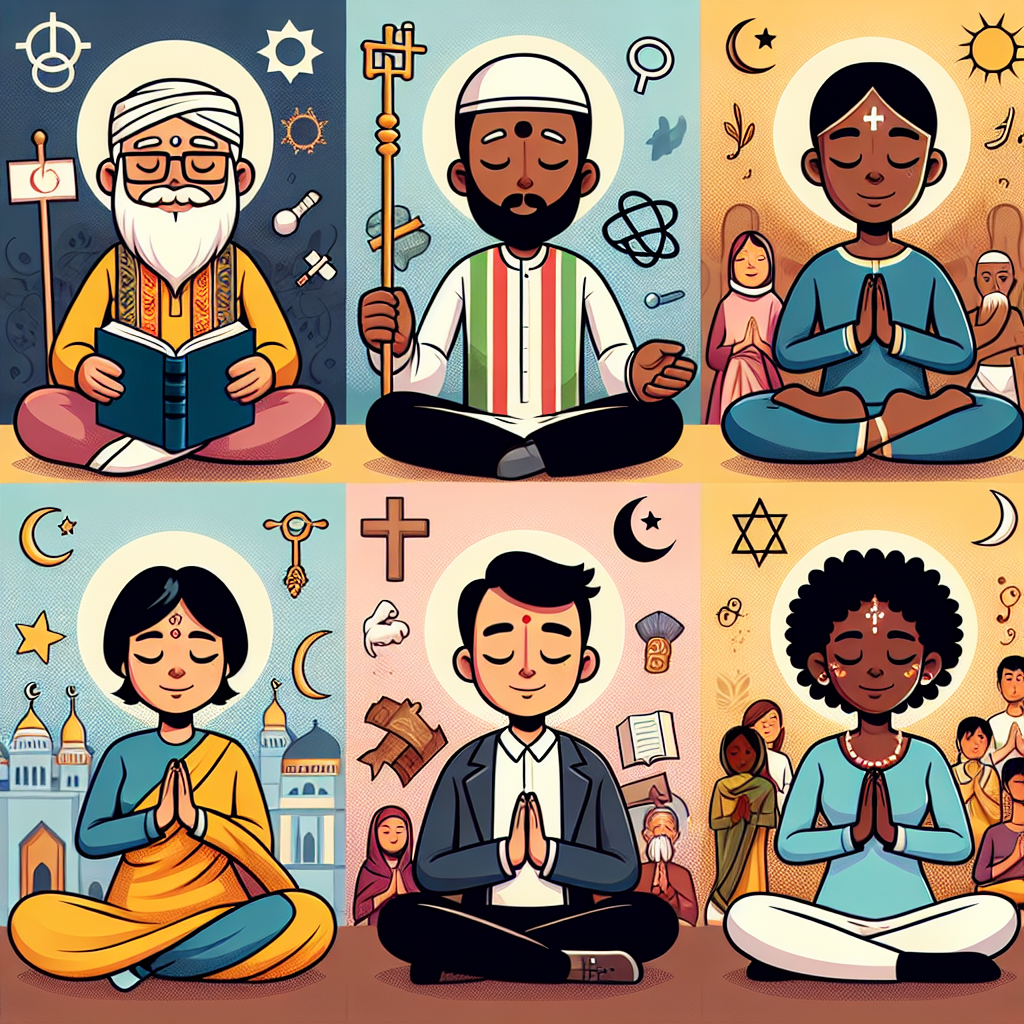Sinicizing Faith: The Communist Party's Approach to Religion
Chinese President Xi Jinping reiterates the need for religions to adapt to the socialist society within China, emphasizing the sinicization process. While asserting religious freedom within party parameters, Xi aims for ethnic and social harmony and highlights the relevance of aligning religious practices with traditional Chinese culture.

- Country:
- China
Chinese President Xi Jinping has asserted that religions in China must adapt to fit within the framework of a socialist society. During a group study session of the CPC Central Committee, Xi reiterated the importance of the 'sinicization' of religions, emphasizing their integration into the Chinese context.
Since taking office in 2012, Xi has sought to realign religious practices with the goals of the Communist Party. His drive for sinicization aims to harmonize religious practices with traditional Chinese culture to achieve social and ethnic unity, despite criticism from international entities about religious oppression in regions like Tibet and Xinjiang.
Xi's recent visit to Tibet and Xinjiang underscores the complex dynamics between the government and religious institutions, as both regions continue to hold onto their distinct religious identities. China's policies ensure religious practices operate within government parameters while promoting alignment with Marxist ideologies.
(With inputs from agencies.)










